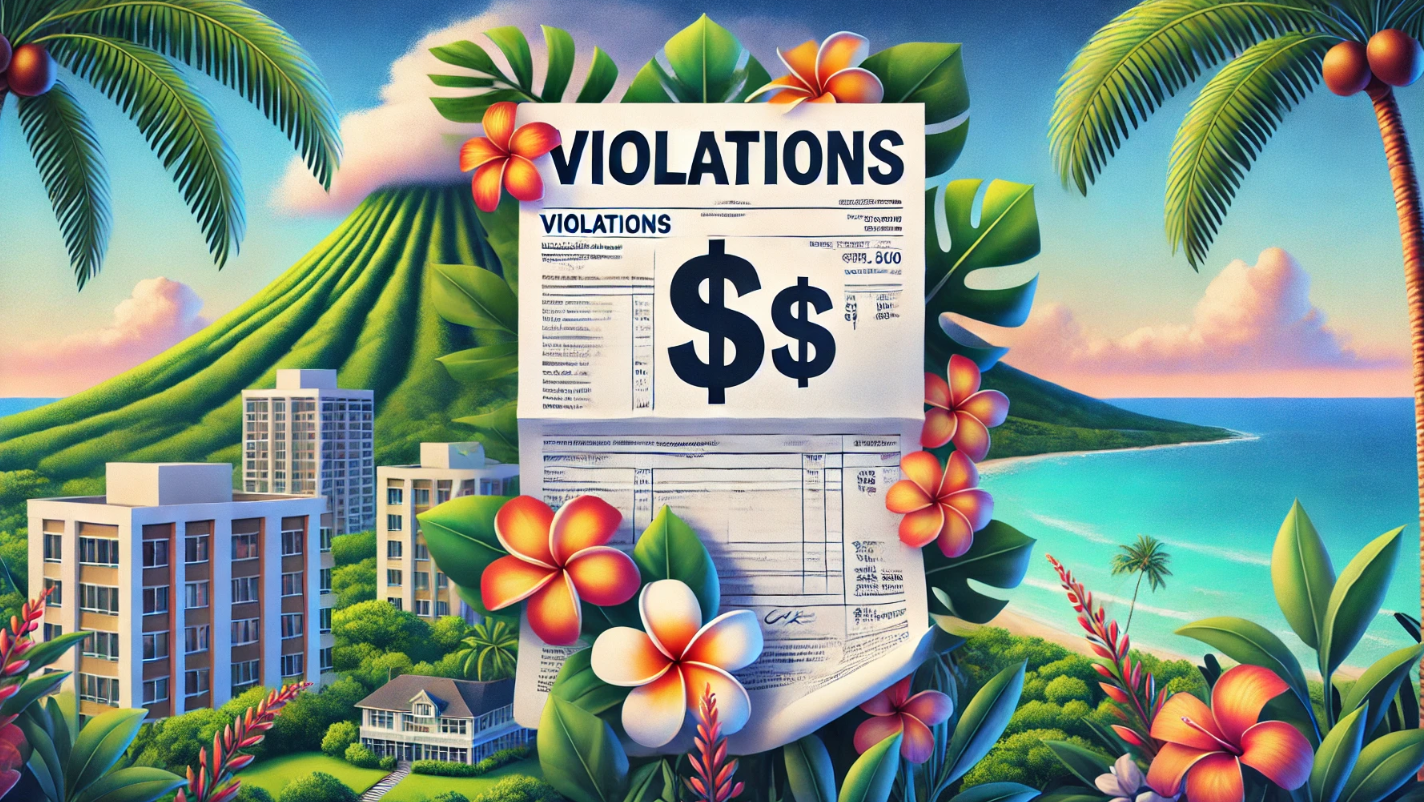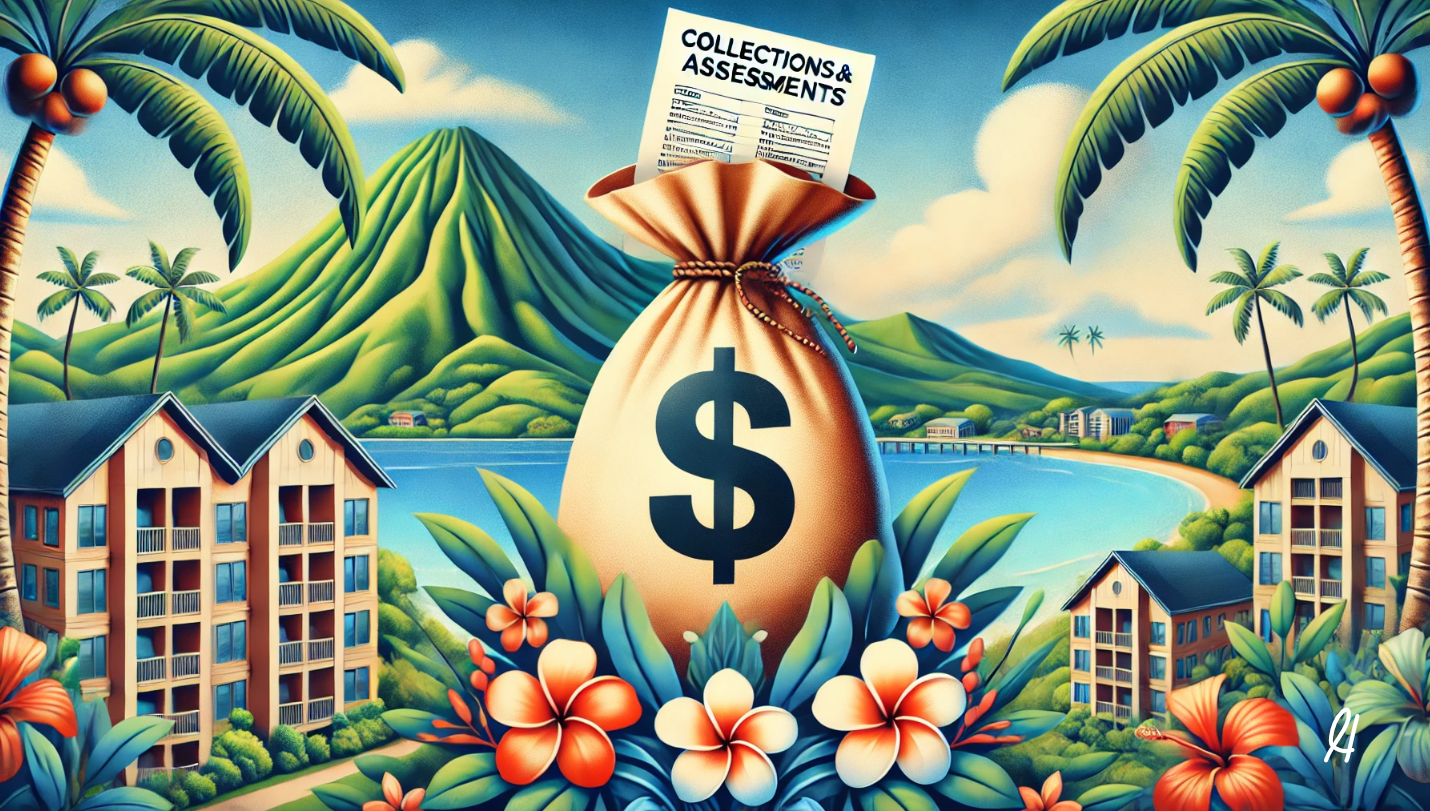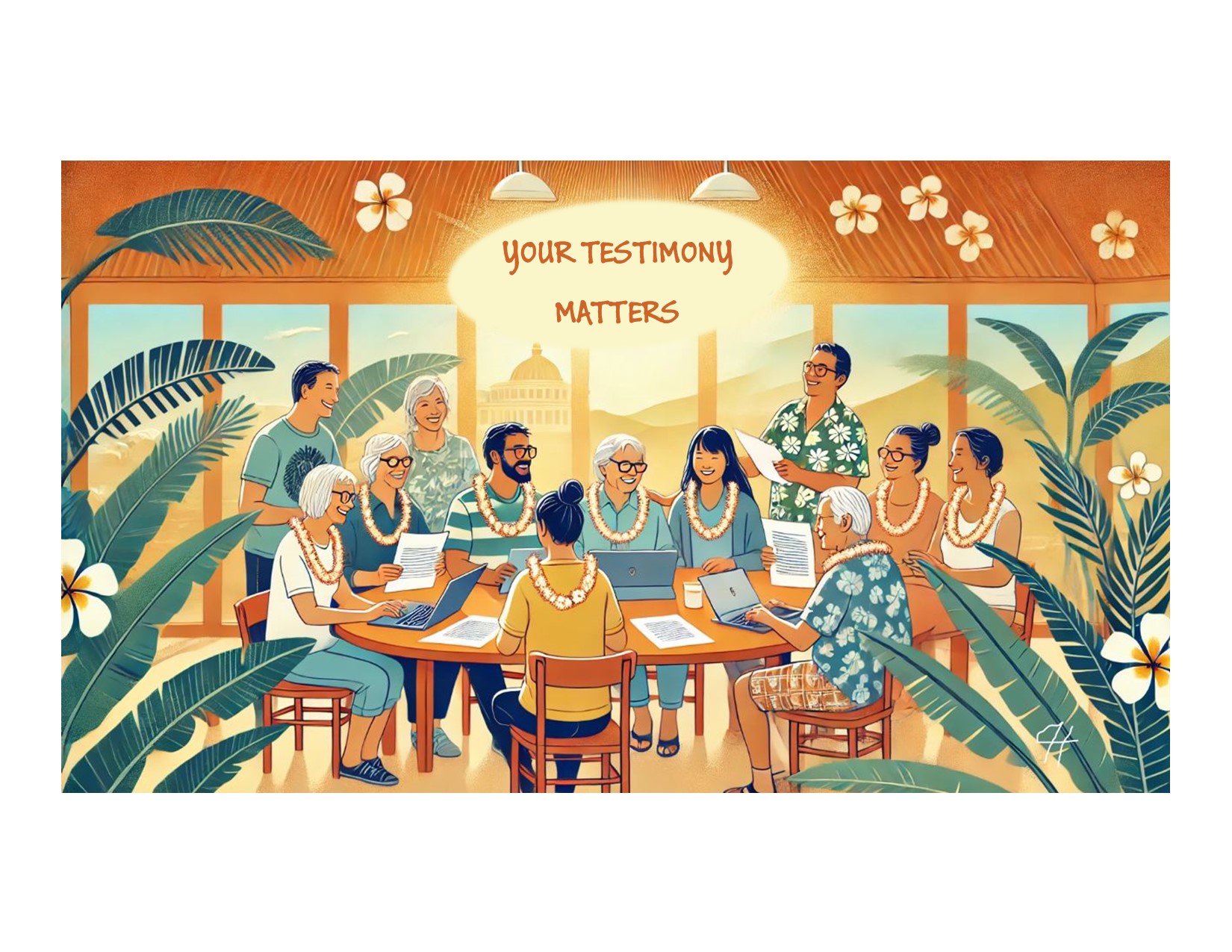The Illusion of Self-Governance
Condo associations were designed with the intention of fostering self-governance, allowing owners to have a direct say in how their communities are managed. In theory, this system empowers residents to maintain their properties and protect their investments. However, in practice, self-governance often falls short.
Why Doesn’t It Work?
- Developer Dominance: Developers frequently retain control of condo associations during the early years, making decisions that prioritize selling units rather than ensuring long-term community stability.
- Management Companies Without Oversight: Once control transitions to owners, management companies often take the reins. These companies wield significant influence over budgets and policies but are rarely held accountable by the people they serve.
- Complex Legal Frameworks: The governing documents and legal structures of many associations are written in ways that benefit attorneys, real estate professionals, and service providers—not the owners themselves.
As a result, owners and renters alike face higher costs, opaque decision-making, and a lack of true representation.
The Industry Turning Communities Into Businesses
What many people don’t realize is that the condo association model has become an industry unto itself. Real estate developers, management companies, attorneys, and vendors have created a business model that turns your home into a source of profit. Here’s how:
- Vendors With No Competition: Contracts for landscaping, maintenance, and other services are often awarded without competitive bidding, leading to inflated costs and subpar service.
- Legal Fees That Spiral: Associations can become embroiled in disputes where attorneys—rather than owners—are the primary beneficiaries.
- Assessments and Fees: Special assessments and rising maintenance fees often stem from poor planning or a lack of accountability in financial decisions.
This system prioritizes profits over the well-being of the people who actually live in these communities, creating frustration and financial strain for owners and renters.
The Need for Checks and Balances
One of the most significant problems in condo associations is the lack of separation of duties. Without proper checks and balances, the system becomes vulnerable to mismanagement and abuse. Here’s how the lack of accountability manifests:
- Board Members Wearing Too Many Hats: When the same people handle finances, approve contracts, and enforce policies, conflicts of interest and poor decisions become more likely.
- Management Companies Operating Without Scrutiny: Many owners don’t realize how much power these companies hold—and how little oversight exists to ensure they’re acting in the community’s best interest.
- Lack of Transparency: Owners are often left in the dark about financial decisions, vendor selection, and how their dues are being spent.
To fix this, we need to demand transparency, enforce clear roles and responsibilities, and advocate for owner-driven oversight.
What Can Owners and Renters in Hawaii Do?
While these challenges may seem daunting, there are steps you can take to protect your community and ensure fair governance:
- Get Involved: Attend association meetings, vote in elections, and ask questions about financial decisions and policies. Your voice matters.
- Demand Transparency: Push for clear reporting on budgets, contracts, and meeting minutes. Access to this information is your right as an owner or renter.
- Advocate for Competitive Bidding: Insist that your association seeks multiple bids for vendor contracts to ensure fair pricing and quality service.
- Educate Yourself: Familiarize yourself with Hawaii’s condo laws and your association’s governing documents to understand your rights and responsibilities.
- Collaborate with Neighbors: Build a coalition of like-minded residents to advocate for positive changes within your association.
The Path Forward: Restoring Paradise in Condo Living
Living in a condo in Hawaii should be a rewarding experience, but achieving that requires addressing the systemic issues that undermine associations. By demanding transparency, enforcing checks and balances, and staying actively involved, we can reclaim the original intent of self-governance and create communities that serve the people who live there—not just those who profit from them.
Let’s work together to protect our homes, our investments, and our way of life in the islands. Paradise is worth fighting for.
Additional Resources
- Hawaii Real Estate Commission – Learn more about condo governance and owner rights.
- Hawaii State Legislature – Our “how to” guide to find and advocate for laws that protect condo owners and renters.
Governing Laws for Condominiums & HOAs in Hawaiʻi
If your condominium or homeowners association (HOA) bylaws state that meetings shall follow the “current edition” of Robert’s Rules of Order, then the 12th Edition of Robert’s Rules of Order Newly Revised is the authoritative standard.
Relevant Hawaiʻi State Laws
The following Hawaiʻi Revised Statutes govern the structure, conduct, and governance of condominiums, cooperatives, and planned community associations. You can view these statutes directly on the Hawaiʻi State Legislature’s website:
- HRS Chapter 414D – Hawaiʻi Nonprofit Corporations Act
- HRS Chapter 421H – Limited-Equity Housing Cooperatives
- HRS Chapter 421I – Housing Cooperatives (Mutual & Equity)
- HRS Chapter 421J – Planned Community Associations
- HRS Chapter 514A – Condominium Property Act (Legacy Law)
- HRS Chapter 514B – Condominium Property Act (Current Law)
Robert’s Rules in Hawaiʻi Law
Several of the above statutes specifically require meetings to follow Robert’s Rules of Order, Newly Revised:
- §421H-3(15):
“All board of directors’ meetings shall be conducted in accordance with Robert’s Rules of Order, or other accepted rules for the conduct of meetings.” - §421J-6:
“All association and board of directors meetings shall be conducted in accordance with the most current edition of Robert’s Rules of Order, Newly Revised.” - §514B-121(e):
“All association meetings shall be conducted in accordance with the most recent edition of Robert’s Rules of Order Newly Revised…” - §514B-125(d):
“All board meetings shall be conducted in accordance with the most recent edition of Robert’s Rules of Order Newly Revised…”
Need Help Navigating Meetings or Bylaws?
Visit LocalParliamentarian.com for guidance on Robert’s Rules of Order, condo board procedures, and how to draft or interpret governing documents. Whether you’re a board member or a concerned owner, we’re here to support transparent, effective, and fair governance.

Currently available resources include:
✔️ A script for Approving Minutes
✔️ A breakdown of What an Amendment Is & How to Use It
✔️ A clear explanation of Order of Business vs. Agenda
More tools and templates are on the way—join us as we raise the standard of condo governance in Hawaiʻi.
If you found this post helpful, share it with your neighbors and start the conversation about improving your condo community today!









